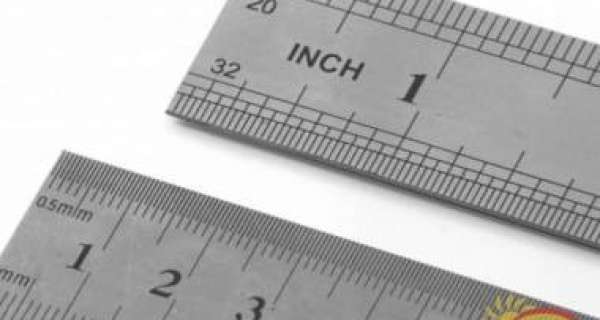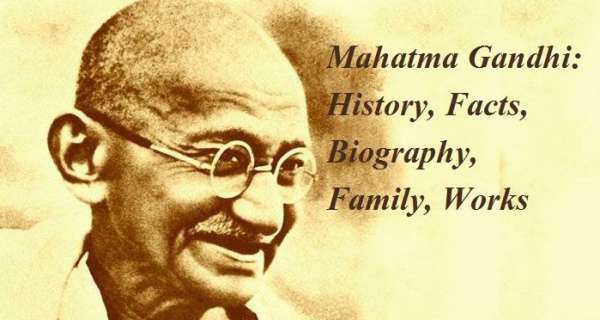The Babylonians left such lucid medical writings describing various diseases that doctors today can recognize them. Among the ancient Egyptians, it was believed that illness was caused by evil spirits. But their medical treatments also included pills and ointments containing drugs such as opium and castor oil. And surgical operations were done on the outer surfaces of the body.
So there were "doctors" in very ancient times. But about 460 b.c. a man called Hippocrates was born in Greece, and he brought a great change in medicine. In fact, he is called the Father of Medicine.
What Hippocrates did was rescue medicine from magic and superstition. While he didn't have the scientific knowledge on which medicine is based today, he had the kind of approach and attitude that might be called "scientific."
He taught that the physician should observe the patient closely and accurately. He should use gentle treatment and try to encourage the natural healing process. The physician should never risk harming the patient.
Hippocrates recognized and described many diseases. Some of the medical facts he observed are as true today as they were over two thousand years ago.
Who was the first doctor?














